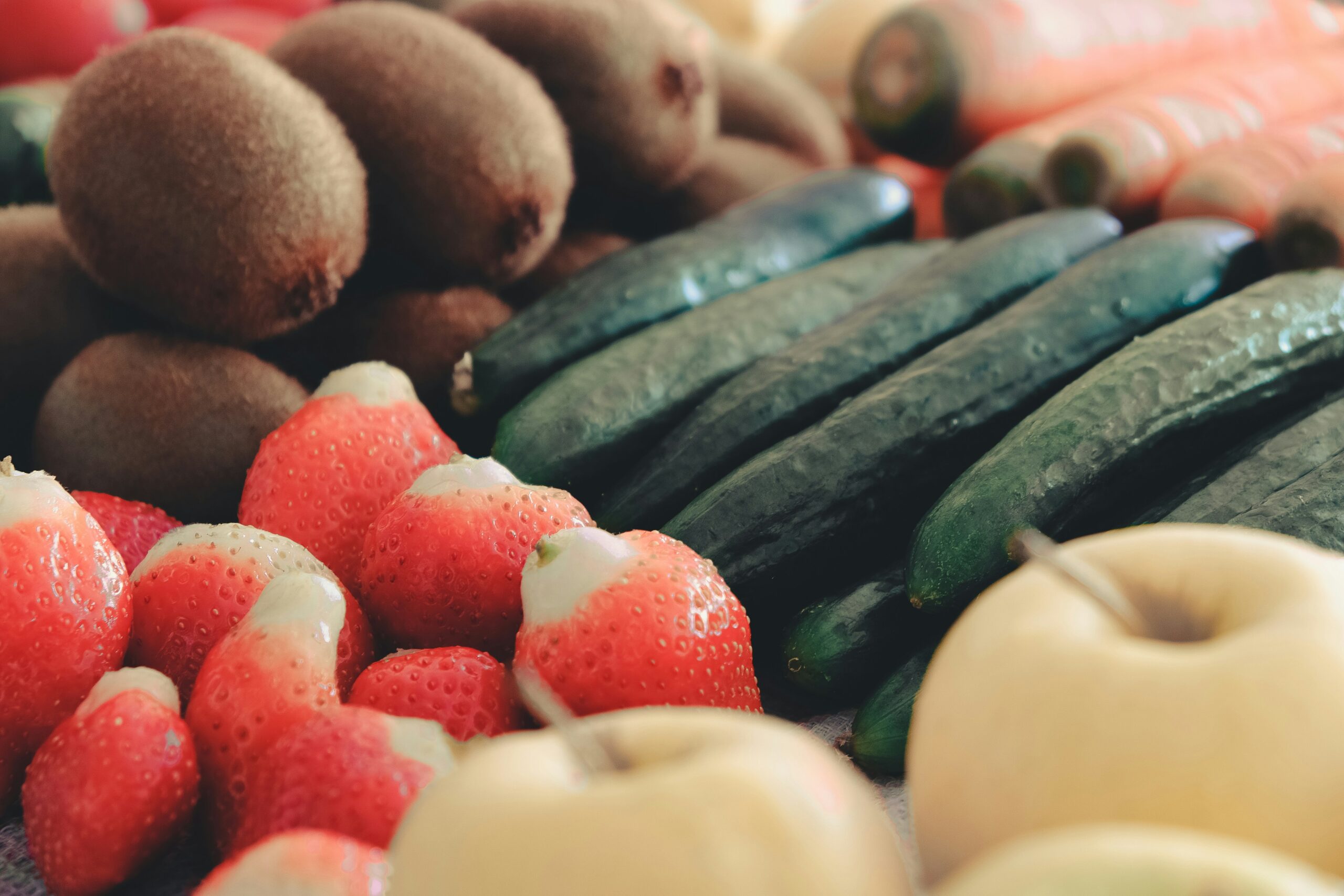College is frequently associated with late-night studying, quick snacks, and fast food runs. Between courses, social events, and possibly a part-time job, many college students neglect their nutrition. However, the importance of eating a balanced diet throughout these early years cannot be emphasized. Food choices made at college can have a substantial long-term impact on a student’s academic success, physical health, and general well-being.
The Effect of Diet on Academic Performance
A well-balanced diet is necessary for brain function and cognitive performance, both of which are critical to academic achievement. Fruits, vegetables, whole grains, and lean meats are nutrient-dense diets that give the brain the vitamins and minerals it needs to function properly. Omega-3 fatty acids, such as those found in fish and flaxseeds, have been shown to increase memory and cognitive functions. On the other side, diets high in sugar and harmful fats can cause brain fog, loss of attention, and even weariness, making it difficult for students to concentrate during lectures or when studying. According to research, students who follow a healthy diet perform better academically. A well-nourished brain is better prepared to meet the mental demands of college life, such as learning data and solving complicated issues. Furthermore, appropriate nutrition can help regulate mood, which is especially crucial during stressful exam periods. Poor eating habits, on the other hand, can cause blood sugar fluctuations, anger, and anxiety, all of which can impair academic performance.
Physical Health and Its Impact on College Life
Diet also has a significant impact on physical health. College students are frequently more vulnerable to illnesses due to the close confines of dorm life and the high-stress environment. A diet high in fruits, vegetables, and whole grains boosts the immune system, making it simpler to combat common colds and other ailments. Furthermore, keeping a healthy weight with a well-balanced diet and regular exercise lowers the chance of developing chronic diseases like heart disease, diabetes, and obesity later in life. In addition to preventing sickness, a good diet can improve physical performance. For kids participating in sports or other physical activities, a proper diet is critical to maintaining energy levels and enhancing performance. Carbohydrates provide the energy required for exercise, while proteins aid in muscle rehabilitation and growth. Without sufficient nourishment, students may experience fatigue, muscle weakness, and decreased endurance, making it difficult to keep up with academic and extracurricular activities.
The Long-Term Advantages of Healthy Eating
Eating habits developed in college frequently carry over into adulthood, making it critical to establish healthy routines early on. Creating a routine that includes nutritious meals and frequent physical activity lays the groundwork for a lifetime of excellent health. Furthermore, learning to make good food choices on a budget, which is sometimes difficult for college students, is a useful skill that will benefit them even after they graduate.
In conclusion, the importance of eating healthy during college cannot be overstated. The food choices students make have a direct impact on their academic performance, physical health, and overall quality of life. By prioritizing nutrition, college students can not only enhance their performance in the short term but also lay the groundwork for a healthy and successful future.




